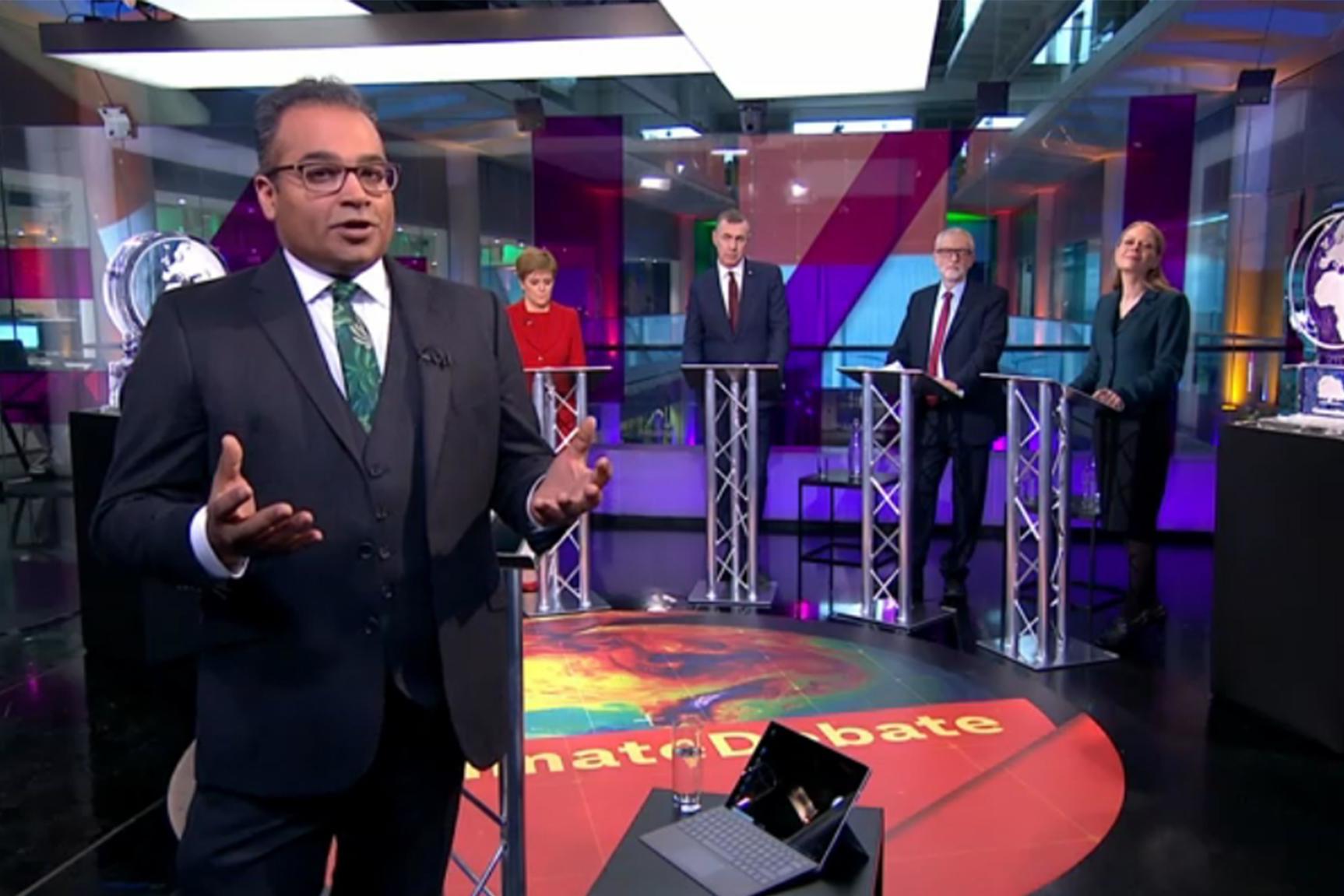Would a Conservative government be able to remove Channel 4’s licence to broadcast?
In the end, the greatest threats to the BBC, Channel 4 and ITV may come from commercial rather than political sources, writes Sean O'Grady


What is the row between Channel 4 and the Conservatives all about?
On one level, verging on the farcical, it is about a melting ice sculpture and a night raid on Channel 4 premises by a commando force headed by Michael Gove and Stanley Johnson.
On a more sinister level, and a somewhat murky one, it has been reported that No 10, or the Tories, or the government more widely has let it be known that Channel 4 may end up being punished for its impudence when the time comes for the state to approve the extension of its licence to broadcast. Channel 4, in other words, could be abolished. An alternative might be full privatisation, though the ownership structure would not necessarily make it a more or less well-regarded and trusted news organisation.
The crunch could arrive in a couple of years. In the (relatively) benign Cameron-Clegg-Osborne era, the broadcaster was granted a 10-year licence to broadcast. This ends on 1 January 2025, and the consultations by the regulator Ofcom, will start in around 2013.
As Labour's deputy leader Tom Watson has stressed, the decision to grant Channel 4 its licence does not lay directly with minsters, but with Ofcom. Nonetheless, representations can be made by the Conservatives, their allies or anyone else with an interest into why Channel 4 should not be allowed a further extension to the right to broadcast it has enjoyed since it was set up by act of parliament in 1982.
Ofcom’s task will be particular one: to assess the performance of Channel 4 and to ensure it is able and best placed to fulfil the requirements of the relevant legislation. The basic remit is not similar to the original one in 1982: “innovation, experiment, and creativity.” With regards to news (and aside from other criteria such as independent production quotas, representation of the different nations of the UK, educational output and so on) the relevant requirements are set out in Communications Act 2003 Section 264(6)(c): “... that [public service broadcasting] services (taken together) provide, to the extent that is appropriate for facilitating civic understanding and fair and well-informed debate on news and current affairs, a comprehensive and authoritative coverage of news and current affairs in, and in the different parts of, the United Kingdom and from around the world”.
“Fair and well-informed” are the qualities that the Tories might argue were not on display in the Channel 4 studio on Thursday evening.
The chances are that the whole business will blow over, but there are risk factors. First, the head of news at Channel 4, Dorothy Byrne has called Boris Johnson a “known liar”; and the channel’s news show, fronted by Jon Snow, has long been criticised by the right for being Remain- and liberal-leaning.
It is, then, just possible that Channel 4 could lose its licence under a different procedure which might require primary legislation). Just as TV-am, pioneer of breakfast news, unexpectedly lost its licence to GMTV in 1990, and various other franchises have come and gone over the years, Channel 4 does not have a god given right to occupy such space. The media and broadcast world is also undergoing very rapid change with the impact of the internet and subscription services.
As for the BBC, or “Brexit bashing Corporation” as Boris Johnson calls it, the current royal charter (the original dating back to 1926, this one to 2016) runs until 2027. This takes it some way past the end of the next parliament (2024 or sooner) and a royal charter is far more difficult to tamper with than a mere act of parliament. Nonetheless, governments of all parties have been in vicious scraps with the BBC before, and the pattern seems likely to continue. In the end, the greatest threats to the BBC, Channel 4, ITV and the rest of British broadcasting may come from commercial rather than political sources.
Join our commenting forum
Join thought-provoking conversations, follow other Independent readers and see their replies
Comments
Bookmark popover
Removed from bookmarks